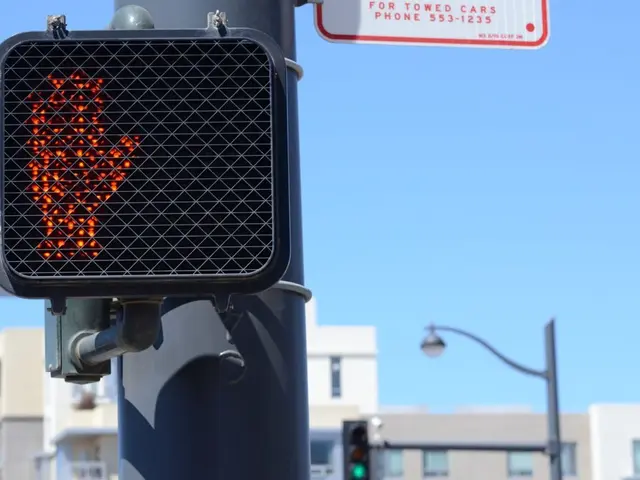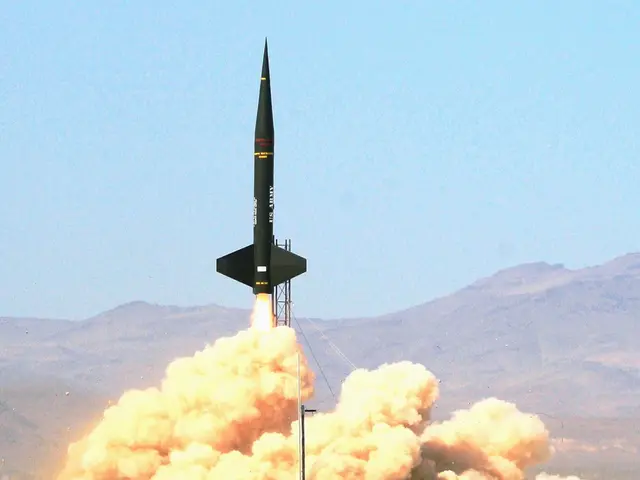States Must Lead EV Push as Trump Administration Slows Progress
The shift in federal policy under the Trump administration may push states to take the lead in driving transportation policy towards decarbonization. This comes as demand for electric vehicles (EVs), such as those produced by Tesla, has risen to around 10% of new vehicle sales nationwide, with California and other states exceeding this average.
President Trump's 'Unleashing American Energy' executive order could see actions that hinder vehicle electrification, such as halting funds for charging stations and revisiting vehicle emissions standards. This, coupled with a decline in federal support, may require states to increase spending and strengthen policies to maintain EV adoption momentum.
States have played a crucial role in boosting EV adoption, with California's EV mandate influencing federal fuel efficiency standards. Subsidies for charging stations and EV purchases also reinforce each other. To continue progress despite reduced federal investment, states can enhance regional incentives, develop public-private partnerships, expand charging infrastructure, and implement social programs targeting lower-income households.
With the new Trump administration set to change federal transportation sector policy, states must step up to ensure continued growth in EV supply and demand. This is crucial as EV demand rises due to improved manufacturing, quality, and reduced battery costs. Key policies include vehicle emissions standards, subsidies, and state-level EV mandates.
Read also:
- On Thursday, Meta introduced three new smart glasses and LibreOffice made its way into the Austrian military
- Europe Witnesses Seven Showcases of Safely Assimilating Autonomous Aerial Vehicles
- New memory device Solakon ONE under inspection: user Günter provides his evaluation
- Unraveling the SharePoint Breach: Permanent Mission, Discovery, and Takeaways








